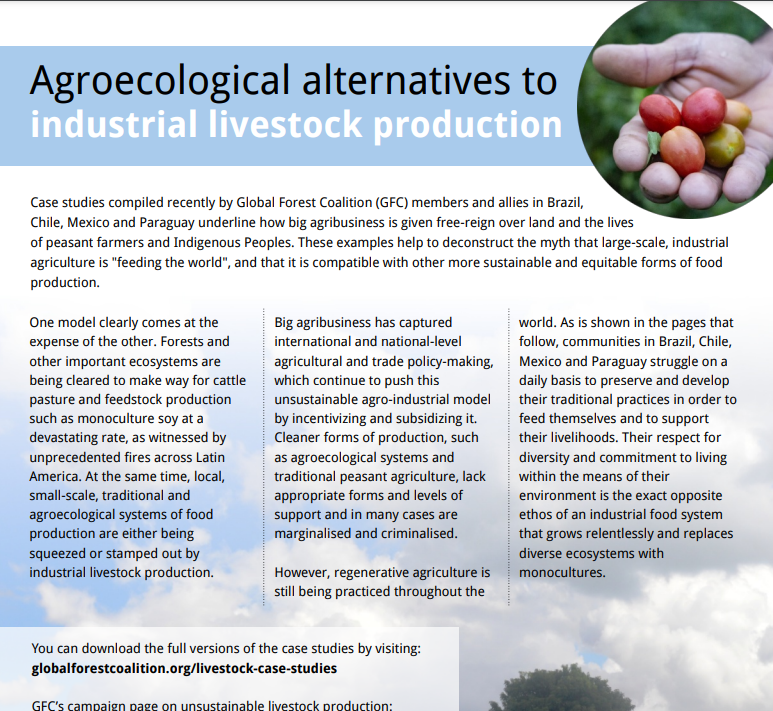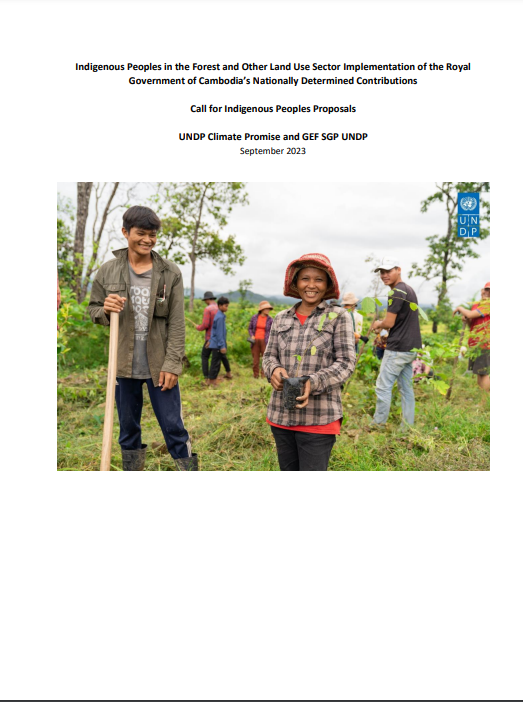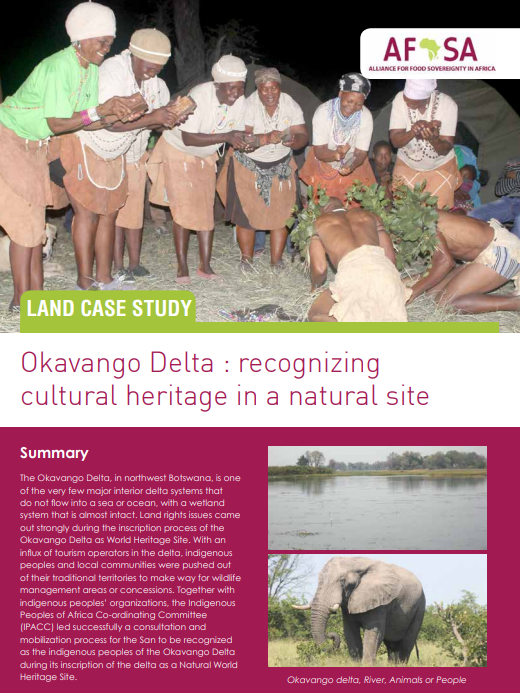Knowledge Hub
Methodological Guidance for Gender-responsive Water Assessments
2023
Author(s): Food and Agriculture Organization of the UN FAO
The acknowledgement of the relationship between gender, water, and agriculture is crucial to achieving progress on water and food security as well as gender equality, and to the achievement of the 2030 Sustainable Development Goals.

Indigenous Youth as Agents of Change :Actions of Indigenous Youth in Local Food Systems During Times of Adversity
2021
Author(s): Uffelen AV, Tanganelli E, Gerke A, Bottigliero F, Drieux E, Fernández-de-Larrinoa Y, Milbank C, Sheibani S, Strømsø I,Way M, Bernoux M
The following publication "Indigenous youth as agents of change - Actions of Indigenous youth in local food systems during times of adversity" highlights six initiatives from Indigenous youth in regions around the world who are leading innovative solutions and collaborations in the face of adversity brought about by climate change and exacerbated by the ongoing COVID-19 pandemic.
International Year of Artisanal Fisheries and Aquaculture 2022
2023
Author(s): Food and Agriculture Organization of the United Nations FAO
This report provides a summary overview of the objectives, activities and recommendations of the IYAFA 2022. It aims to motivate relevant stakeholders to ensure that the end of the Year is the beginning of a new era of support for small-scale fisheries and aquaculture.

Embracing Diversity: Toolkit for Creating Inclusive, Learning-Friendly Environments
2015
Author(s): UNESCO Office Bangkok and Regional Bureau for Education in Asia and the Pacific
This study shows that “Inclusive” does include children with disabilities such as children who have difficulties in seeing or hearing, who cannot walk, or who are slower to learn. HOWEVER, “inclusive” also means including ALL children who are left out or excluded from school.

Agroecological Alternatives to Industrial Livestock Production
2019
Author(s): Global Forest Coalition (GFC)
This Case studies compiled recently by Global Forest Coalition (GFC) members and allies in Brazil, Chile, Mexico and Paraguay underline the role of agribusiness in peasant farmers´ and Indigenous Peoples´ lives.
The Relations Between Climate Change and Child Labour in Agriculture- Evidence on Children’s Work Trends After Climate-related Events in Côte d’Ivoire, Ethiopia, Nepal and Peru
2023
Author(s): Food and Agriculture Organization of the United Nations FAO
This study aims to identify the extent to which climate change-related events and impacts affect child labour in agriculture by exploring the underlying connection between the two challenges as the initial step towards integrating a child labour lens within the international community’s work on climate change.

Indigenous Peoples in the Forest and Other Land Use Sector Implementation of the Royal Government of Cambodia’s Nationally Determined Contributions : Call for Indigenous Peoples Proposals
2023
Author(s): United Nations Development Programme
This document is specifically designed for IPs in the country and will fund IPOs, LNGOs or CBOs who work directly with IPs and indigenous communities to contribute to the implementation of the country’s Nationally Determined Contributions (NDC) in the Forest and Other Land Use (FOLU) sector.

Indigenous Knowledge, Practices and Customary Norms of Fire Management In Tanzania-A Study in Nine Villages
2013
Author(s): Salaam DE
This study was intended to establish a thorough understanding on the existing indigenous knowledge, practices and customary norms (IKPC) on fires in Tanzania in order to establish a basis for how, when, where and why communities in the nine study sites use fires.
Soil Management for Small Farms – Strategies and Methods of Introduction, Technologies and Equipment
2000
Author(s): Freitas VHD
This report is intended for development practitioners, extensionists and leaders or pioneers in farming communities, to inform them about the experiences and initiatives of farming communities in conservation agriculture in Santa Catarina State, Brazil.

Okavango Delta : Recognizing Cultural Heritage in a Natural Site
2020
Author(s): Andrias LM
Indigenous peoples’ organizations, the Indigenous Peoples of Africa Co-ordinating Committee (IPACC) led successfully a consultation and mobilization process for the San to be recognized as the indigenous peoples of the Okavango Delta during its inscription of the delta as a Natural World Heritage Site.



